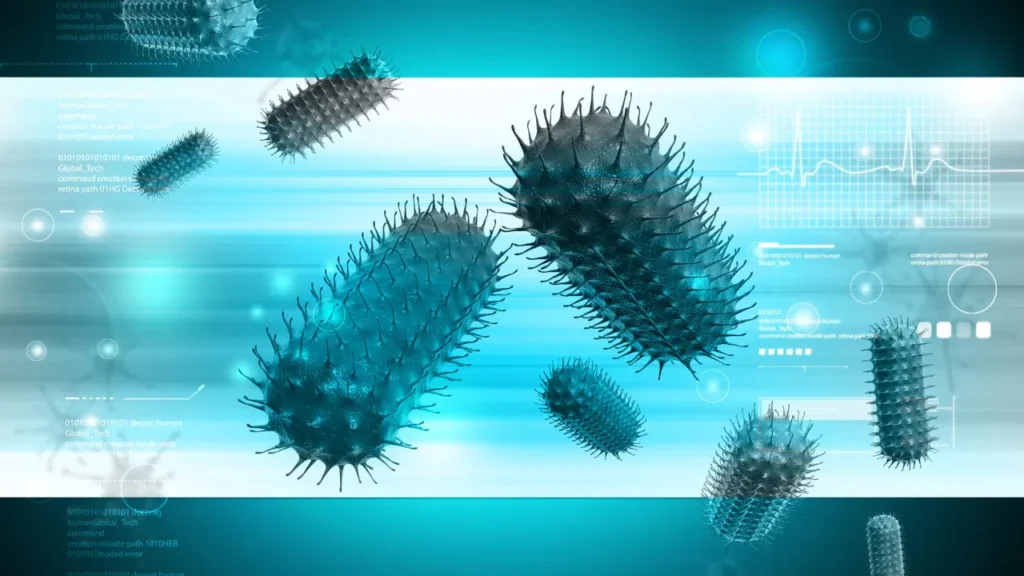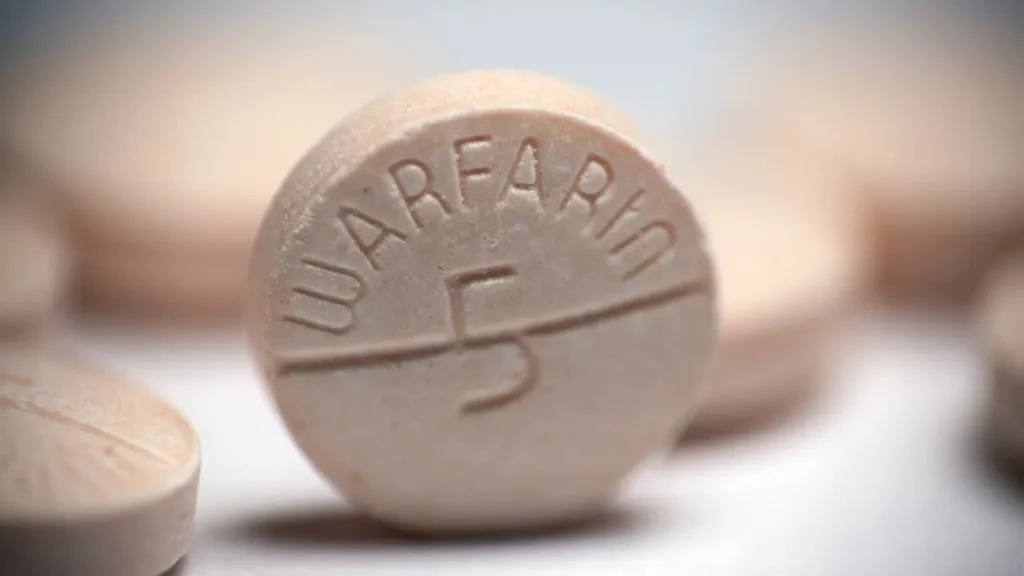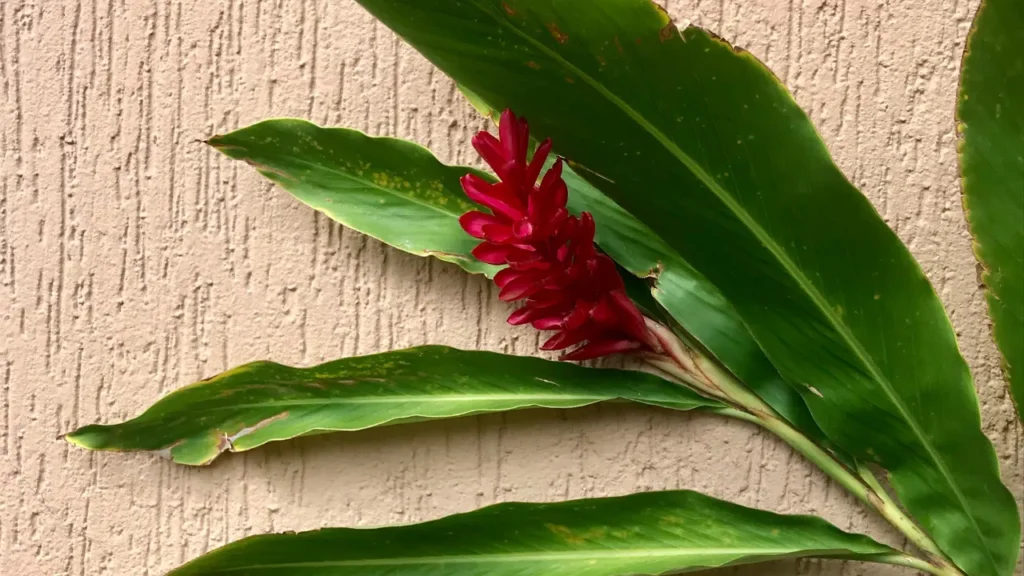Among the Zingiberaceae family of plants, which also contains ginger and turmeric, is the genus Alpinia. There are over 230 species of Alpinia plants and they are mostly found in tropical and subtropical areas of Asia, Australia, and the Pacific Islands. Alpinia officinarum (lesser galangal), Alpinia galanga (larger galangal), and Alpinia zerumbet (shell ginger) are three of these plants that have historically been employed in a variety of civilizations for their medicinal characteristics. This page discusses the advantages for health, recommended dosage, adverse effects, possible drug interactions, and responsible usage of nutritional supplements produced from Alpinia.
You May Also Like:
Levium Premium Liquid Fast-Acting Natural Stress Relief Supplement: In-Depth Review
ANISE: Benefits, Dosage, Side Effects, Drug Interactions, And Other Important Information
ALPINIA: Benefits, Dosage, Side Effects, Drug Interactions, and Other Important Information is an original (NootropicsPlanet) article.
Nature of Alpinia
Perennial herbaceous plants in the genus Alpinia have rhizomatous growth and are typically found in tropical and subtropical climates. Numerous morphological characteristics of these plants include lanceolate to ovate leaves, zygomorphic flowers with labellum and lateral petals, and fruit capsules that contain a large number of tiny seeds. The leaves and rhizomes of Alpinia species are frequently used in cooking and traditional medicine because of their aromatic qualities.
For instance, rhizomes from Alpinia officinarum and Alpinia galanga have been used in Ayurveda and traditional Chinese medicine to treat gastrointestinal problems, respiratory infections, and inflammation. Contrarily, Alpinia zerumbet has been used in folk medicine in Asia and the Pacific Islands to treat conditions like hypertension, diabetes, and inflammation. Alpinia plants have a wide range of medicinal uses that can be linked to the variety of bioactive chemicals that give them their pharmacological characteristics.
Health Benefits of Alpinia
- Anti-inflammatory properties: In numerous in vitro and in vivo models, Alpinia’s bioactive components have shown a considerable reduction in inflammatory effects. Diarylheptanoids inhibit NF-B and AP-1 signaling, resulting in a decrease in the expression of pro-inflammatory cytokines and enzymes and a reduction in inflammation-related symptoms.
- Alpinia flavonoids, diarylheptanoids, and phenylpropanoids have strong antioxidant capabilities that can neutralize free radicals and lessen oxidative stress. Numerous chronic diseases, including cancer, cardiovascular disease, and neurological disorders, have been linked to oxidative stress and their etiology.
- Antimicrobial qualities: Phenylpropanoids, in particular, are Alpinia chemicals that have been proven to have antimicrobial effects on a variety of bacteria, fungi, and parasites. This might be explained by their capacity to damage microbial cell membranes and prevent the production of vital cellular components.
- Neuroprotective properties: Preclinical research has suggested that substances produced from Alpinia, such as galangin and alpinin, may have neuroprotective effects. These substances can control the neuroinflammatory, oxidative stress, and apoptotic pathways, offering defense against neurodegenerative diseases including Parkinson’s and Alzheimer’s.

Chemistry of Alpinia
Phenolic compounds, which are well-known for their antioxidant, anti-inflammatory, and antibacterial capabilities, make up the majority of the bioactive substances in Alpinia plants. In Alpinia species, flavonoids, diarylheptanoids, and phenylpropanoids are the main phenolic chemicals. Researchers have discovered that flavonoids with anti-cancer, anti-inflammatory, and anti-oxidative properties include quercetin, kaempferol, and apigenin. Galangin and alpinin are two diarylheptanoids that have been shown to have anti-cancer, anti-inflammatory, and neuroprotective effects. Eugenol and chalcones on the other hand are examples of phenylpropanoids that have been linked to antioxidant, anti-inflammatory, and antibacterial properties.
Physiological Mechanisms of Action of Alpina
Alpinia has a variety of bioactive chemicals, which influence a number of molecular pathways in the body and are thought to have health advantages. IL-6, tumor necrosis factor-alpha, and cyclooxygenase-2 are a few examples of pro-inflammatory cytokines and enzymes that are decreased in expression when nuclear factor kappa B (NF-B) and activator protein 1 (AP-1) signaling is inhibited, for example. The mitogen-activated protein kinase (MAPK) pathway, which is involved in controlling biological responses like cell proliferation and differentiation, is also modulated by Alpinia flavonoids.

Optimal Dosage of Alpina
The ideal dosage of nutritional supplements generated from alpinia varies on a number of variables, including the particular species of alpinia, the type of supplement (such as a powder, extract, or capsule), and the intended therapeutic use. Alpinia extract dosages typically vary from 100 to 1,000 mg daily. But before using Alpinia supplements, it’s important to speak with a doctor to establish the right dosage based on your needs and any underlying medical issues.
Side Effects of Alpina
Alpinia supplements are often regarded as safe when taken in moderation and in accordance with manufacturer recommendations. However, some possible adverse events, such as gastrointestinal issues (such as diarrhea, stomach cramps, and bloating), allergic reactions (such as skin rash, itching, and swelling), and disorientation, have been documented. Due to a lack of safety information, pregnant and nursing women should refrain from taking Alpinia supplements.
Potential Substance Interactions with Alpina
Alpinia may interact negatively or less effectively with some prescription drugs and other nutritional supplements. Interactions that could occur include:
- Anticoagulant and antiplatelet medications may increase the effects of alpinia, raising the risk of bleeding. Examples of such medications are warfarin, aspirin, and clopidogrel.
- Antihypertensive drugs: Alpinia may interact with antihypertensive medicines such as beta-blockers, calcium channel blockers, and ACE inhibitors, perhaps amplifying their blood pressure-lowering effects and resulting in hypotension.
- Substrates for the cytochrome P450 (CYP) enzymes: Alpinia substances have the ability to inhibit CYP enzymes, which are involved in the metabolism of a number of drugs, potentially influencing the pharmacokinetics and therapeutic effects of such drugs.

Responsible Use of Alpina
- Before beginning any supplement program, speak with a healthcare expert, especially if you have pre-existing medical issues or are on medication. This is crucial to ensuring the safety and efficacy of nutritional supplements produced from Alpinia.
- Buy dietary supplements from trustworthy producers who follow good manufacturing procedures (GMP) and disclose details about the origin, quality, and standardization of their goods.
- Adhere to the dosage advice and usage instructions provided by the manufacturer.
- Recognize possible interactions and side effects, and inform your healthcare provider of any negative outcomes.
ALPINIA:
Conclusion
Within the Zingiberaceae family of plants, there is a genus of plant known as Alpinia which can improve your health and wellness. Alpinia is a perennial herbaceous plant which has rhizomatous growth. Amongst its wide range of health benefits, Alpinia has anti-microbial properties, anti-cancer properties, neuroprotective properties, and such. This is because Alpinia contains bioactive compounds which can damage microbial cell membranes and also reduce tumor growth.
The tumor-reducing properties stem from the ability of flavonoids to alter cellular pathways. All in all, you have to make responsible and safe choices before incorporating the supplements into your diet. For instance, only buy dietary supplements from trusted sources and strictly adhere to the dosage advice given by the manufacturer or your doctor.

References:
- Effect Of Alpinia Galanga on Mental Alertness and Sustained Attention with or Without Caffeine: A Randomized Placebo-Controlled Study. Retrieved from:https://pubmed.ncbi.nlm.nih.gov/28910196/
- Alpinia Zerumbet and Its Potential Use as An Herbal Medication for Atherosclerosis: Mechanistic Insights from Cell and Rodent Studies. Retrieved from:https://pubmed.ncbi.nlm.nih.gov/32882697/
- Journey Of Alpinia Galanga from Kitchen Spice to Nutraceutical to Folk Medicine to Nanomedicine. Retrieved from:https://pubmed.ncbi.nlm.nih.gov/35227783/
Important Note: The information contained in this article is for general informational purposes only, and should not be construed as health or medical advice, nor is it intended to diagnose, prevent, treat, or cure any disease or health condition. Before embarking on any diet, fitness regimen, or program of nutritional supplementation, it is advisable to consult your healthcare professional in order to determine its safety and probable efficacy in terms of your individual state of health.
Regarding Nutritional Supplements Or Other Non-Prescription Health Products: If any nutritional supplements or other non-prescription health products are mentioned in the foregoing article, any claims or statements made about them have not been evaluated by the U.S. Food and Drug Administration, and such nutritional supplements or other health products are not intended to diagnose, treat, cure, or prevent any disease.


